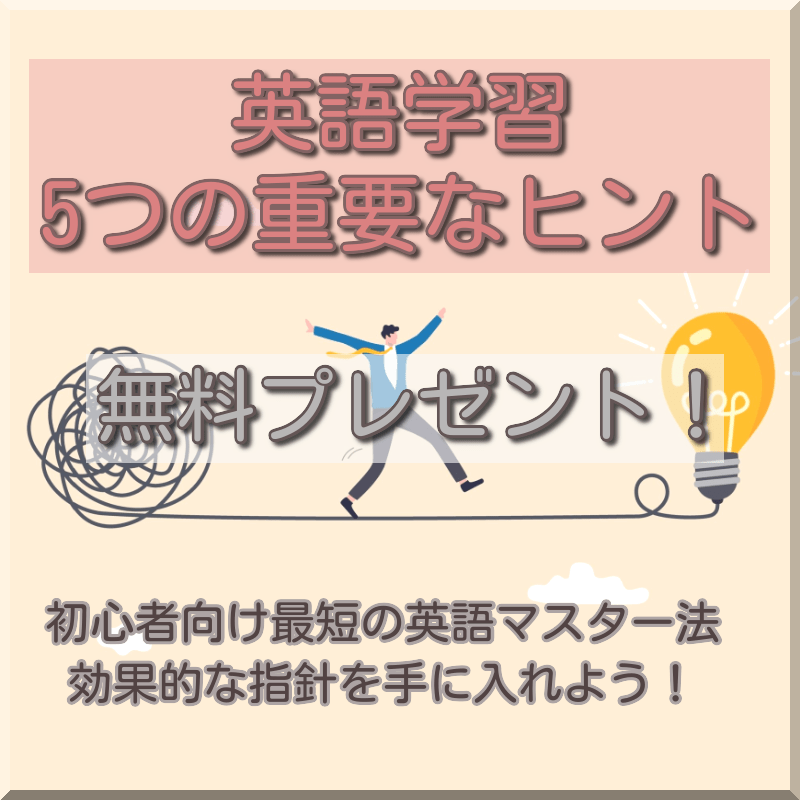海外へ旅行に行くときに、必ず準備しなければならないことがあります。行き先が決まったら、宿泊先の予約をし、旅程も決めておきます。まず、パスポートの用意、ビザや有効期限は大丈夫かどうかもチェックしなければなりません。それから、海外旅行保険や、その国で使うお金も必要ですね。その次に、持って行く荷物は何が必要なのか、よく考えてスーツケースや手持ちバッグに入れなければなりません。でも、その準備をしているときも、旅の楽しみの一つですね。
さて、エリとジョンが海外旅行の話をしています。早速彼らの会話を覗いてみましょう。
レッスンの内容
★会話★
Eri and John are talking about their travel abroad.
John: Have you prepared for our travel?
Eri: Well, I haven’t prepared yet.
John: But why?
We should finish it by next weekend.
Eri: I know.
But I don’t know what we should take there.
John: Do you have your passport?
Have you checked the expiration date of that?
Eri: Yes, I have done it.
John: I was relieved to hear that.
Eri: Do we need an entry visa?
John: No, our destination is England.
So we are granted visa exemption for short-term stays.
Eri: Have you exchanged money?
John: Yes, but only a small sum of money.
I don’t think we have to exchange a big sum.
Because we can use a credit card.
When we give a tip, some cash will be needed.
Eri: I see.
Anything else?
John: Let me see.
Do you take some medicine regularly?
Eri: No, I don’t.
Have you packed your trunk?
John: No, not yet.
How about you?
Eri: Neither have I.
★ワンポイント★
abroad:「海外へ」副詞なので、toは付けずに使う。
prepare:「準備をする」
Have you prepared~?:ここでは完了(すでに何かをし終えている)を表す現在完了形でhave+動詞過去分詞の形。
yet:否定文の中では、「まだ」の意味。
by~:「~までに」期限を表す。
weekend:「週末」
what we should take:「何を持って行くべきなのか」
check:「確認する」「調べる」
expiration:[èkspəréɪʃən](エクスパレイション)「期限などの満了」
be relieved:「安心する」、relieveは「楽にする」という他動詞で、受け身にすることで「安心させられる」→「安心する」となる。
to hear:「聞いて」to+動詞原型で、「~して」と原因や理由を表すことが出来る。
entry visa:「入国ビザ」
destination:「行き先」
be granted:「認められている」「許可されている」
exemption:「(課税や義務などの)免除」
short-term:「短期の」
sum:「額」「総数」「合計」
small sum:「少額」
big sum:「大金」
give a tip:「チップを渡す」
cash:「現金」
anything else:「ほかに何か」
medicine:「薬」
regularly:「定期的に」「常用して」
packed a trunk:「鞄に詰める」
Neither have I:「私も~ない」と、相手が言った否定文に対して、自分も否定して言うときに使う。neitherの後は、「動詞(助動詞)+主語」の語順になる。

★和訳★
Eri and John are talking about their travel abroad.
(エリとジョンが海外旅行のことについて話をしている。)
John: Have you prepared for our travel?
(僕たちの旅行の準備を済ませた?)
Eri: Well, I haven’t prepared yet.
(ええと、準備はまだ出来ていないわ。)
John: But why?
(でも、どうして?)
We should finish it by next weekend.
(来週末までには準備を済ませなくちゃ。)
Eri: I know.
(わかっているわ。)
But I don’t know what we should take there.
(でも、何を持って行ったらいいのかわからないの。)
John: Do you have your passport?
(パスポートはある?)
Have you checked the expiration date of that?
(パスポートの有効期限は確かめた?)
Eri: Yes, I have done it.
(ええ、大丈夫よ。)
John: I was relieved to hear that.
(それを聞いてほっとしたよ。)
Eri: Do we need an entry visa?
(入国ビザは必要かしら?)
John: No, our destination is England.
(いいや、僕たちの行き先はイギリスだよ。)
So we are granted visa exemption for short-term stays.
(だから、短期滞在ならビザを免除されるんだ。)
Eri: Have you exchanged money?
(換金はした?)
John: Yes, but only a small sum of money.
(うん、でもほんの少しの額だけね。)
I don’t think we have to exchange a big sum.
(大金を換金する必要はないと思うよ。)
Because we can use a credit card.
(なぜなら、僕たちはクレジットカードを使うから。)
When we give a tip, some cash will be needed.
(チップを渡すときに、いくらかの現金が必要になるだろう。)
Eri: I see.(わかったわ。)
Anything else?(ほかには何かある?)
John: Let me see.(ええと。)
Do you take some medicine regularly?
(常用している薬はある?)
Eri: No, I don’t.(いいえ、無いわ。)
Have you packed your trunk?
(荷物は詰めた?)
John: No, not yet.(いや、まだだよ。)
How about you?(君はどう?)
Eri: Neither have I.(私も、まだよ。)
















